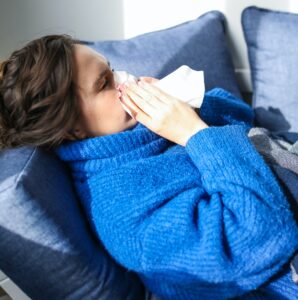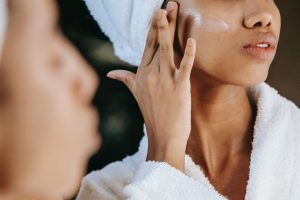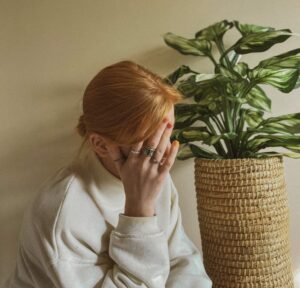Health
6 signs you may be sleep deprived
Feeling tired occasionally is part and parcel of life, but it’s also important to know the signs of sleep deprivation.
Sleep deprivation is more than occasional tiredness, and occurs when (yes, you guessed it), you’re not regularly getting enough zzzs. It can happen to anyone struggling to get enough sleep, such as someone with a unhealthy work-life balance or new parents waking through the night to care for a newborn.
Sleep is vital for our wellbeing. And not getting enough can have a detrimental impact on our health.
Here, we explore six key sleep deprivation symptoms, and share some helpful pointers on getting your slumber cycle back on track.
6 signs of sleep deprivation you need to know
Illness
 If you can’t catch a break and instead keep catching a cold, it may be a sign you aren’t getting enough sleep.
If you can’t catch a break and instead keep catching a cold, it may be a sign you aren’t getting enough sleep.
There’s a proven link between sleep and the immune system. Sleep supports our immunity, and ensures our bodies are able to effectively fight off any bugs they come across.
But when we aren’t getting enough kip, we may succumb to illness more often than others.
Falling asleep really quickly
If you’re off into the land of nod as soon as your head hits the pillow, you may be dealing with sleep deprivation, according to experts.
While many of us would think quickly falling asleep is a good thing, it’s not necessarily the case.
Experts say that we should be falling asleep five to 20 minutes after turning the lights out. If you fall asleep in less than five minutes, you may be struggling with sleep deprivation.
Suffering skin
 Sleep deprivation often shows up in your skin.
Sleep deprivation often shows up in your skin.
One 2020 study found that even one night of sleep deprivation significantly reduced skin hydration, and elasticity, and wrinkles were also aggravated.
If your skin looks dull and is lacking a glow or you have tell-tale dark under eye circles, you may be sleep deprived.
Libido
Never in the mood? While a dwindling libido can be a sign of many things (more on that here), sleep deprivation can make us less likely to be in the mood for sex.
Research shows that sleep deprivation has been associated with reduced sexual arousal and desire in women.
Not only that, but lack of sleep can make us grumpy, potentually leading to arguments in a relationship. This, in turn, makes us less likely to want to have sex with our partner.
Lack of energy
 Probably not the most surprising symptom of sleep deprivation, a lack of energy or feeling drowsy during the day are tell-tale signs you’re not getting enough kip.
Probably not the most surprising symptom of sleep deprivation, a lack of energy or feeling drowsy during the day are tell-tale signs you’re not getting enough kip.
You may even find that a stimulant like coffee doesn’t give you the pick-me-up you wanted, and you may be constantly yawning.
Drowsiness can cause you to become more accident-prone too.
Sleep deprivation also throws off your coordination, which can be a recipe for a disaster in certain situations.
We may also feel moodier or more emotional when running on low sleep.
Hunger
When we don’t get enough sleep, we may find ourselves hungrier than usual.
This is because a lack of sleep throws off the hormone in our brain that tell us we’re full, according to Sleep Foundation. This may lead to us eating more than normal.
And if this happens regularly, we may find ourselves putting on weight or struggling to lose it.
What can we do?
The answer to sleep deprivation is, well, sleeping more. But that’s often easier said than done.
Prioritising sleep, for example having a stricter bed time to ensure you’re hitting around seven to nine hours a night, can help avoid sleep deprivation in the first place.
Ensure your bedroom is a sanctuary for sleep, and avoid stimulants like coffee and alcohol close to bedtime (if at all) for better sleep quality.
If you do find yourself getting frustrated by sleep deprivation, try not to get worked up. Reading a book or focussing on our breathing can help us to stay calm and encourage sleep.
Some of these symptoms may be caused by other conditions. It’s important to speak to your doctor if you have any concerns.





